


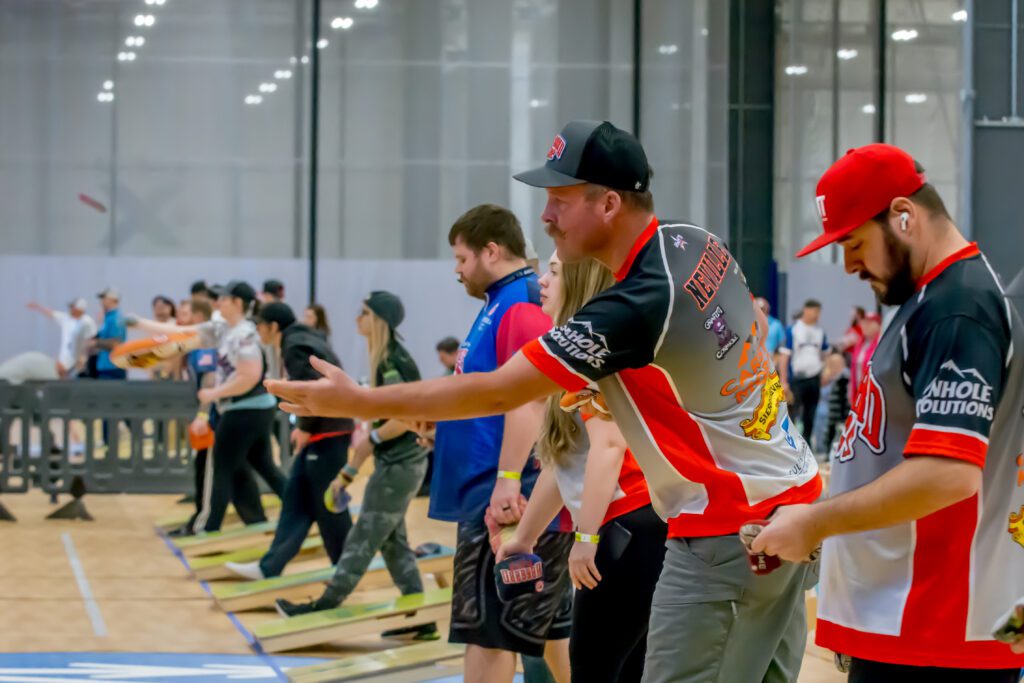
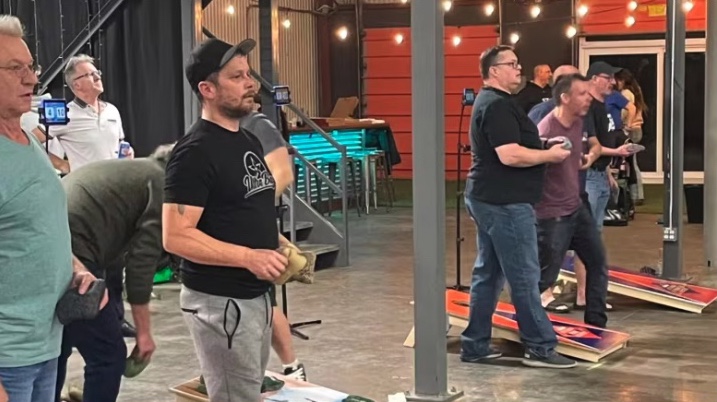
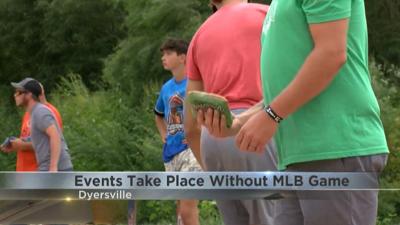
KWWL Iowa – While the MLB is not hosting the Field of Dreams game this year as construction on facilities continue, Dyersville is going forward with this year’s Beyond the…
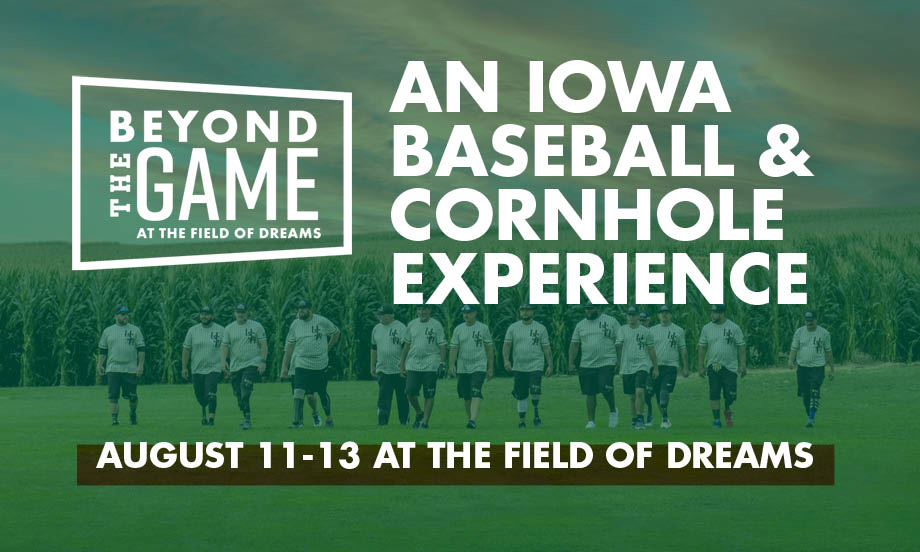
KCRG Iowa – Beyond the Game, an “Iowa Baseball Experience” returns to Dyersville for another year. The event is being held in conjunction with the Dyersville Fire Department’s 125th Anniversary…

Telegraph Herald Dubuque – Major League Baseball may not be hosting a game in Dyersville this summer, but sports fans can still take advantage of a variety of activities to…
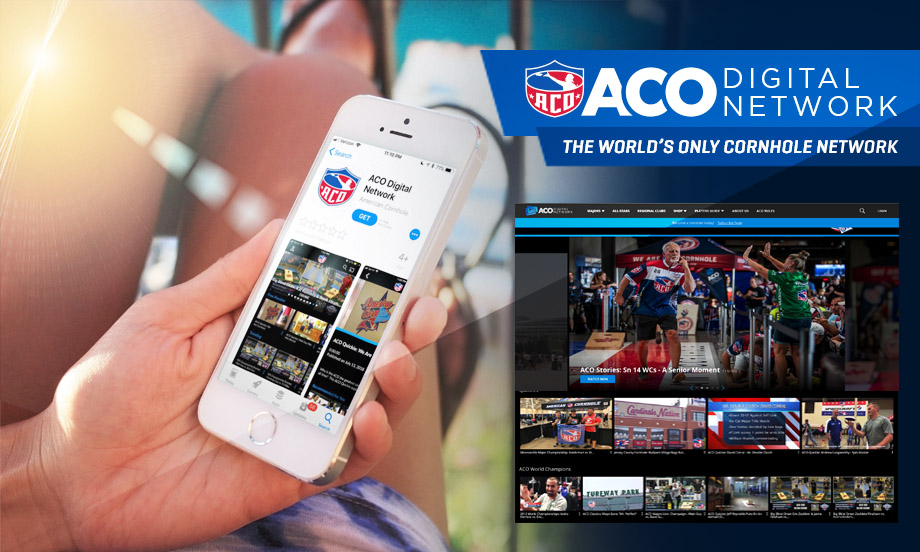
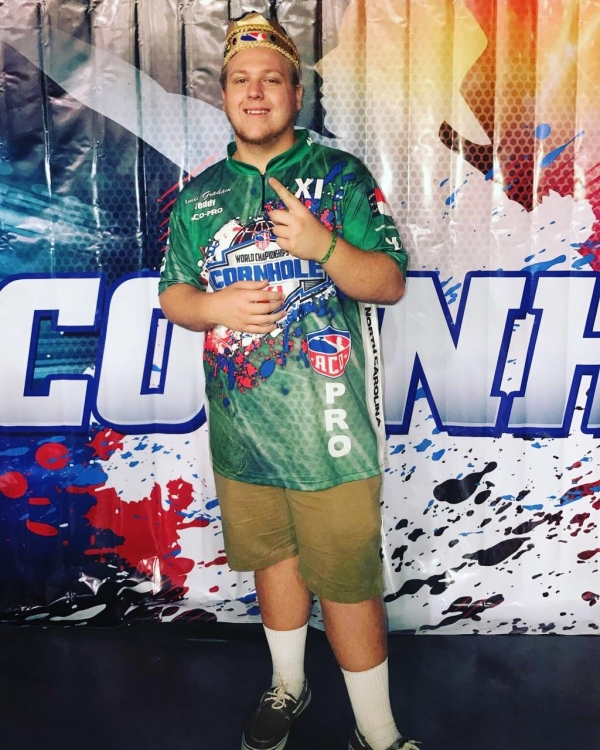
HAMLET — Very few people can say they have won a world championship; nonetheless, an accomplished 19-year-old Jamie Graham arrived back in his hometown of Hamlet Monday afternoon after claiming…
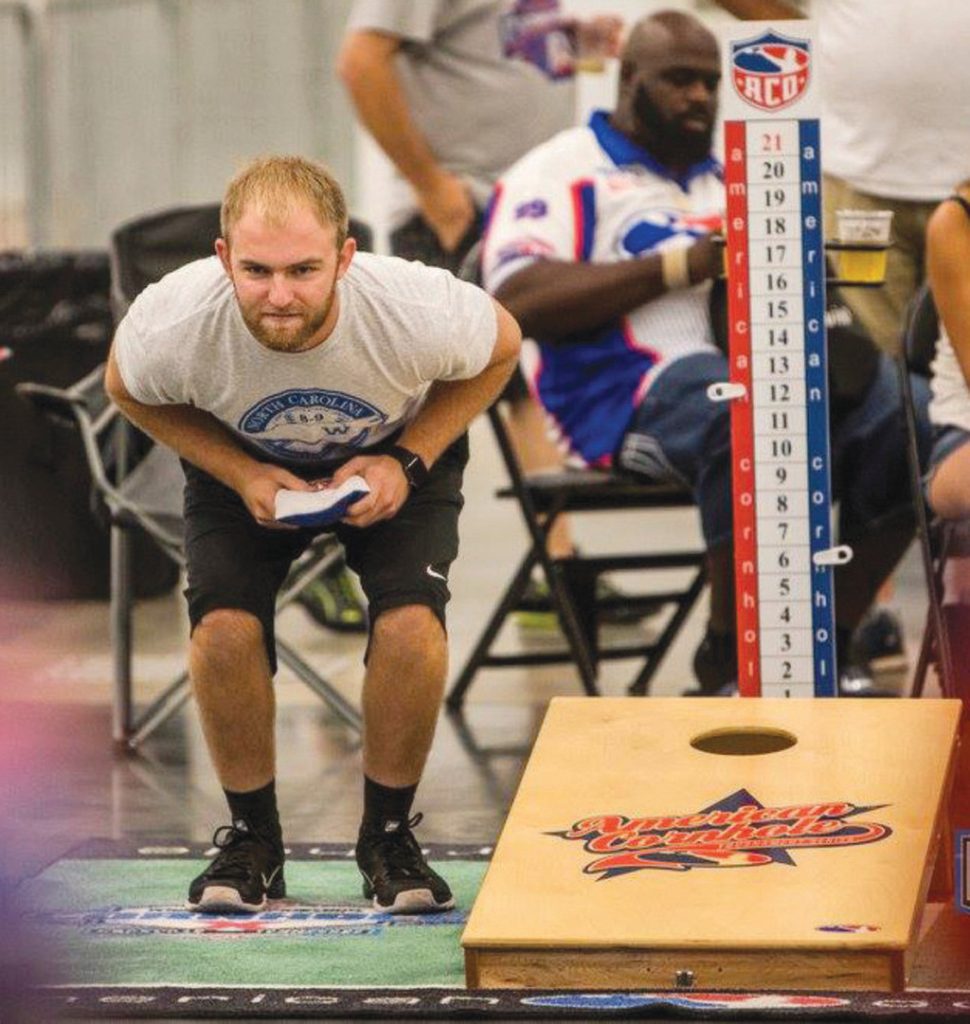
Wilson native named ACO Player of the Year but ties for 7th at ACO’s World Singles Championship OWENSBORO, Ky. — Tyler Poythress will have to wait at least another year…
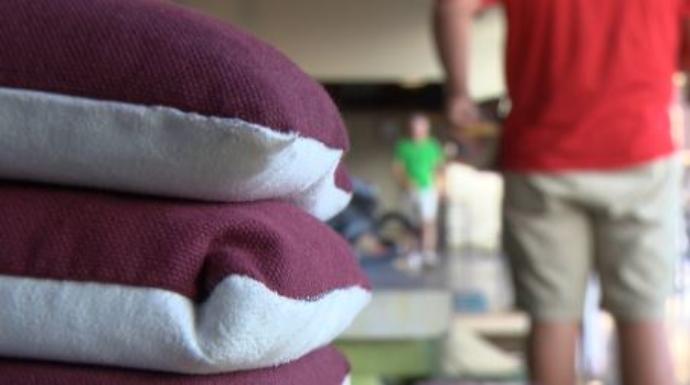
ROANOKE, Va. (WDBJ7) Whatever you call this bean-bag tossing game — cornhole or bags — it’s moved beyond it’s humble start at backyard barbeques and tailgating parties. A tournament group…
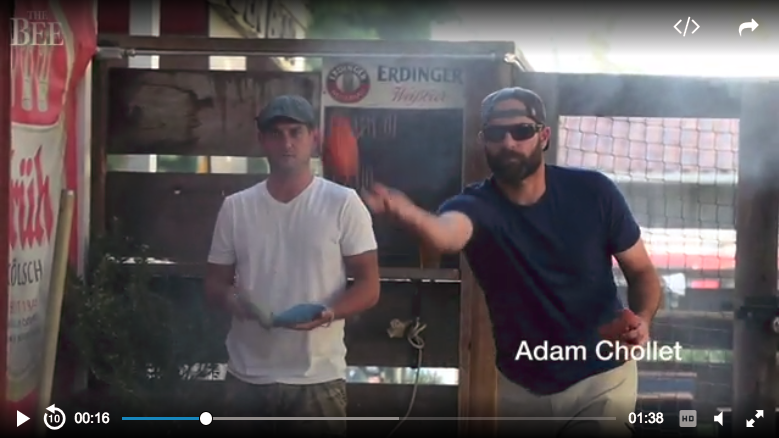
Sacramento Bee – If you’ve been to a bar, tailgate or big outdoor event lately, you may have seen people throwing beanbags at a slanted wooden board with a hole…
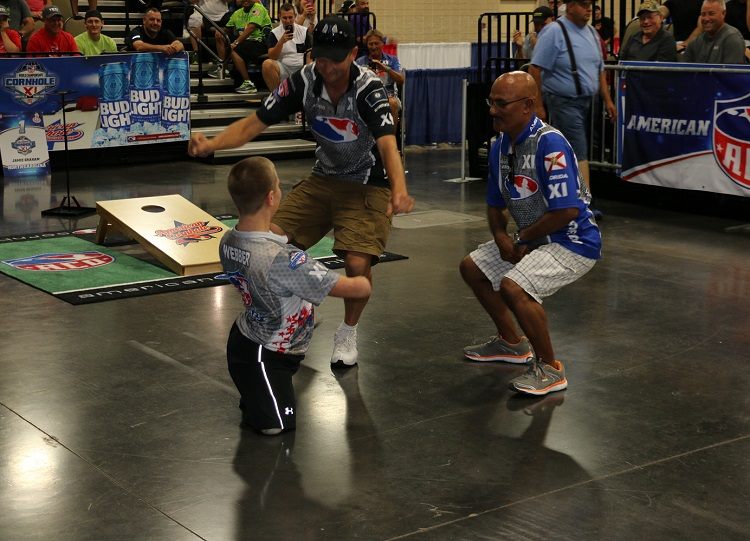
KNOXVILLE, Tenn. (WVLT) – The best players in the world go head to head in the World Championships for Cornhole in Knoxville. An unlikely contestant from Maryland gave everyone else a…
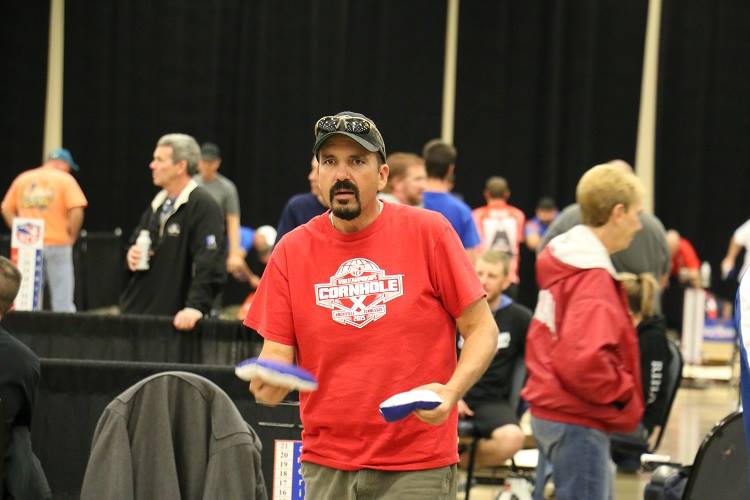
SkillCon is a venue where multiple skills and competitive sports converge to run beginner through advanced levels of competitions, performances and exhibitions and also teach beginner level classes. Whether you’re…
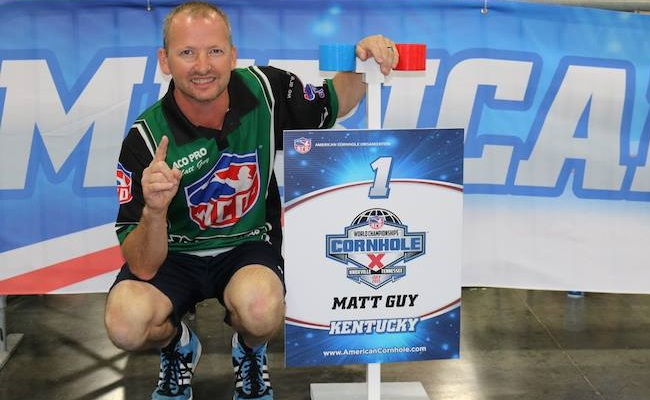
Don’t bother Matt Guy about how he balances family and a grueling work schedule with being a six-time American Cornhole Organization “King of Cornhole.” Guy readily answers questions about pitching preferences, practice methods, and mental preparation…
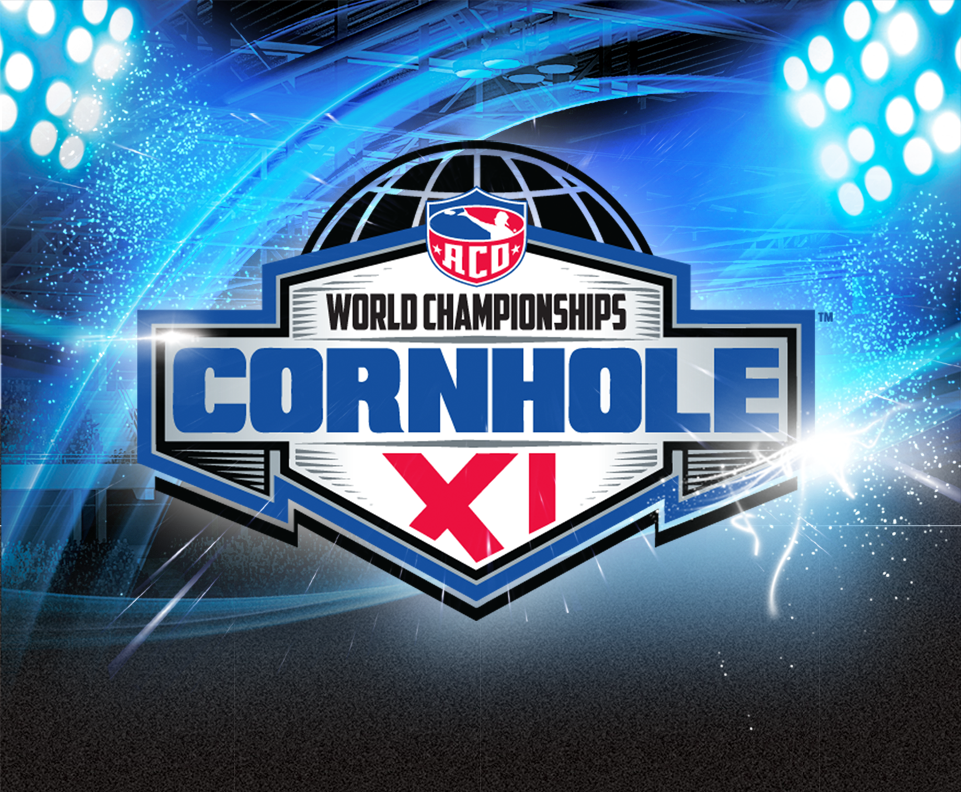
The ACO will feature its World Championships of Cornhole XI at the Knoxville Convention Center in Knoxville, TN for the second year in a row on July 26-30, 2016. Cornhole…

ESPN.com Staff Ron Heibert arrives early to get some practice in before he tosses in the American Cornhole Organization’s World Championships of Cornhole X. To play cornhole, two teams or…
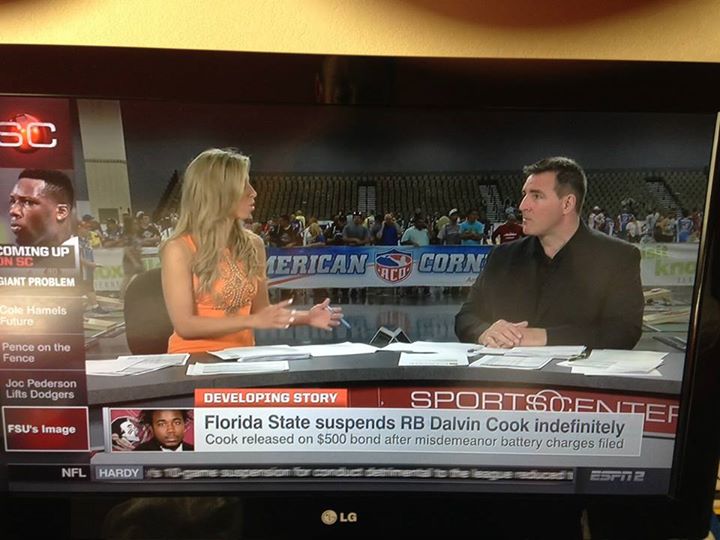
A few minutes before 9 a.m. Saturday, the thuds of bags landing on cornhole boards echoed through the lower-level exhibition hall of the Knoxville Convention Center. Game time was just…
I’d been to Turfway Park before. It’s pretty much across the street from the Cincinnati airport, which is actually in northern Kentucky. After a Kentucky Derby 12 years ago, I…
OWINGS MILLS, Md. — Before the Baltimore Ravens left for New Orleans on Monday, they packed up all of their equipment and gear. With a long week ahead of them before the Super…
By Any Name, Even Baggo, The Pitch Is the Same; It Goes Better With Beer By DAVID KESMODEL – Wall Street Journal CHICAGO — Heidi Hoffmann clutched a red cloth…